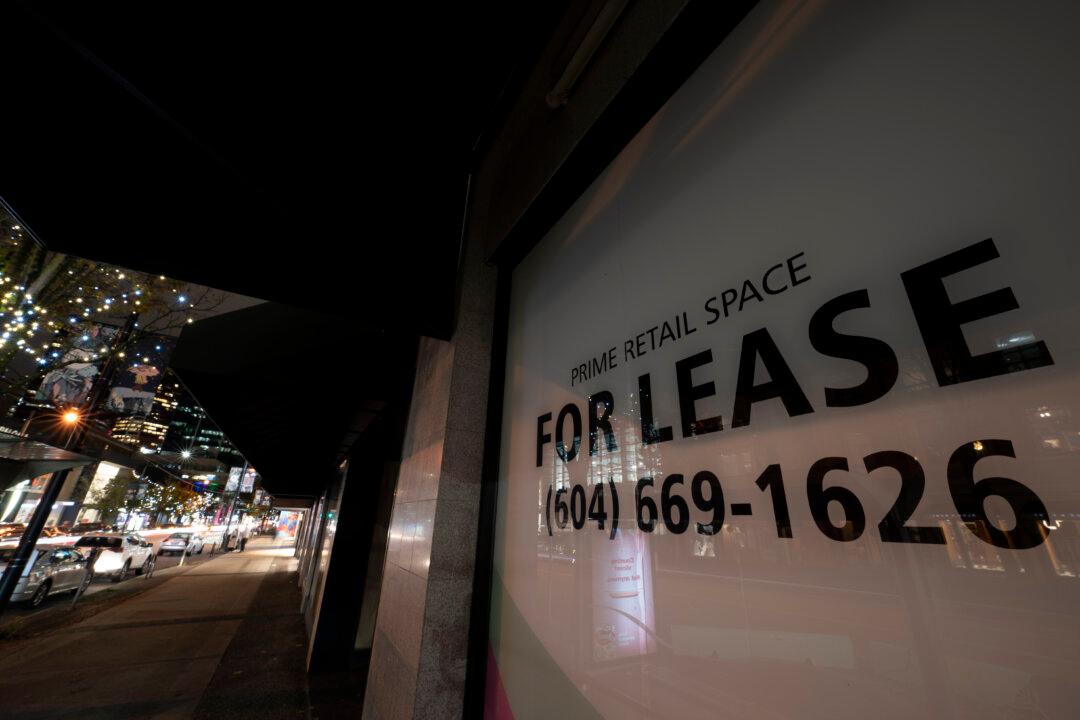British Columbia business leaders are calling on the province’s political parties to provide a practical economic strategy after nearly two-thirds of employers surveyed said they were considering relocating to other provinces.
The business groups have sent a survey of 10 questions to leaders of B.C.’s political parties ahead of the fall election, asking for definitive answers on their economic visions for B.C., along with the specific steps they will take to achieve these goals.





